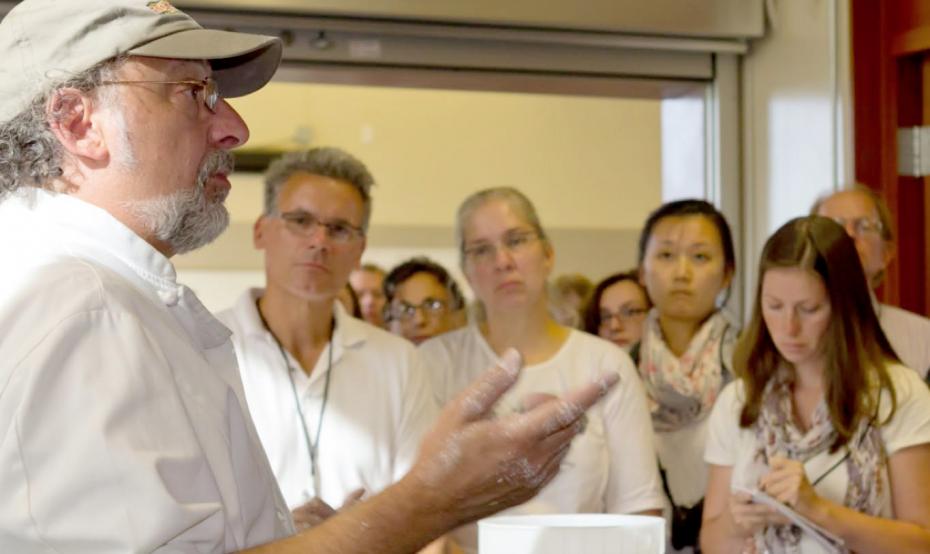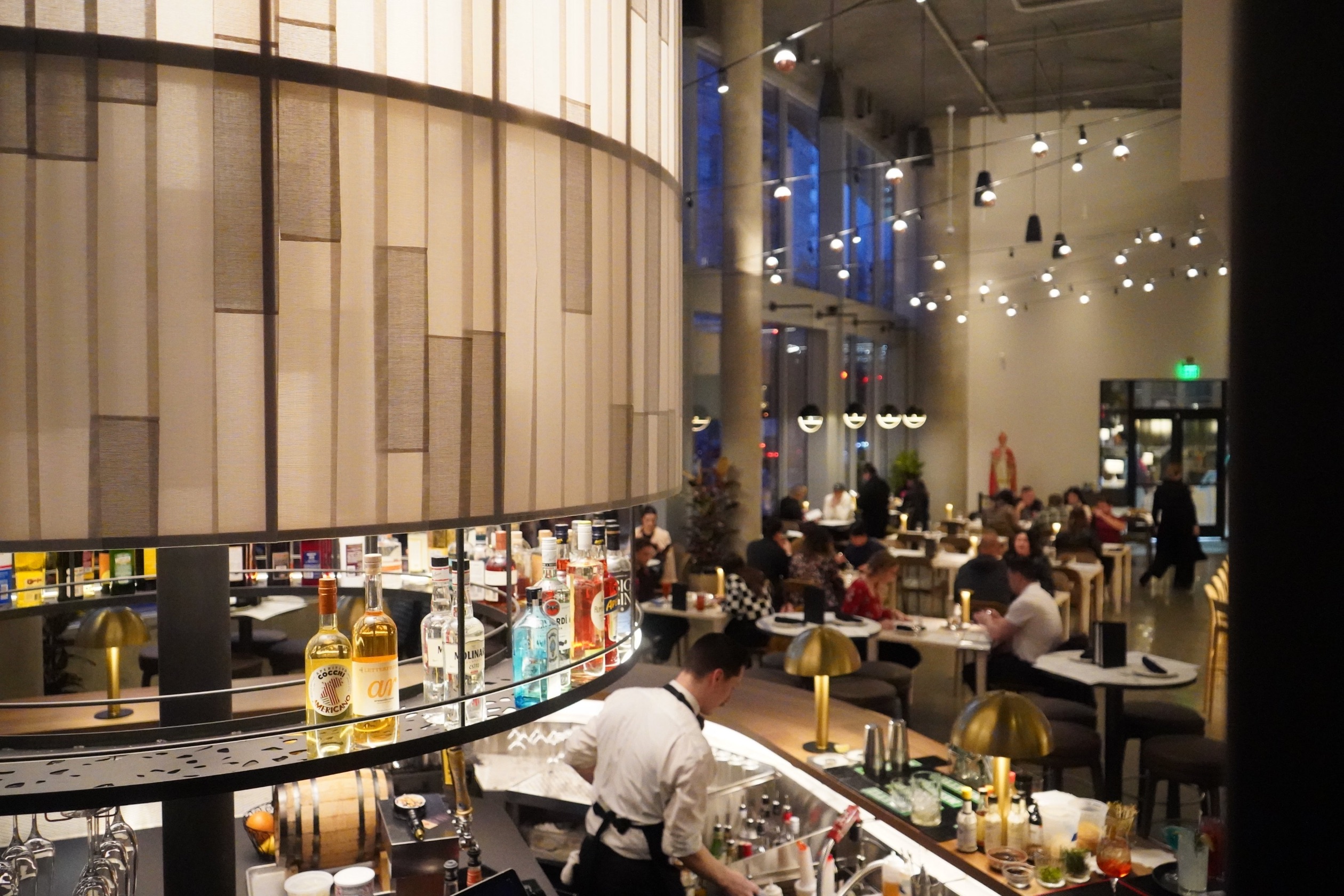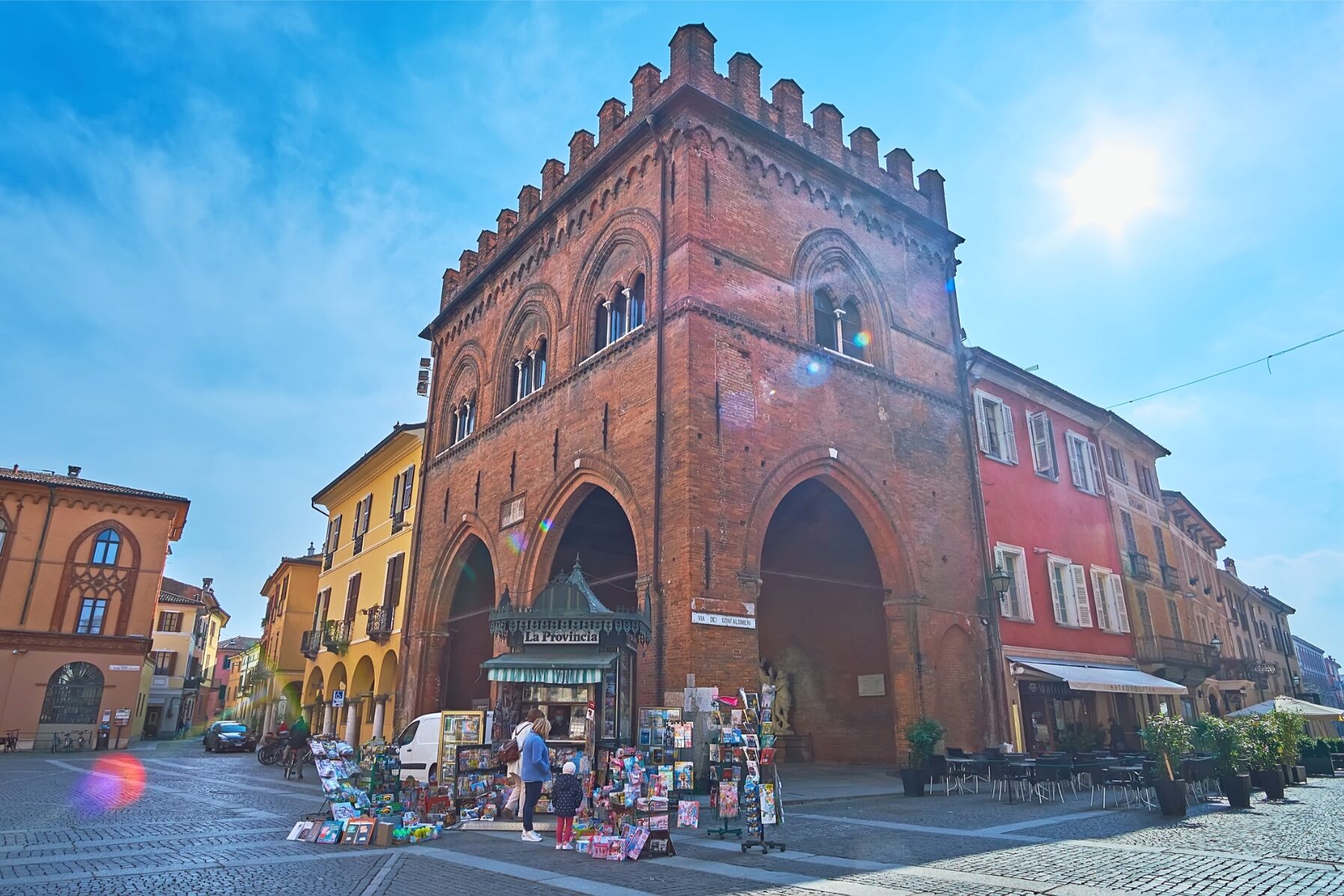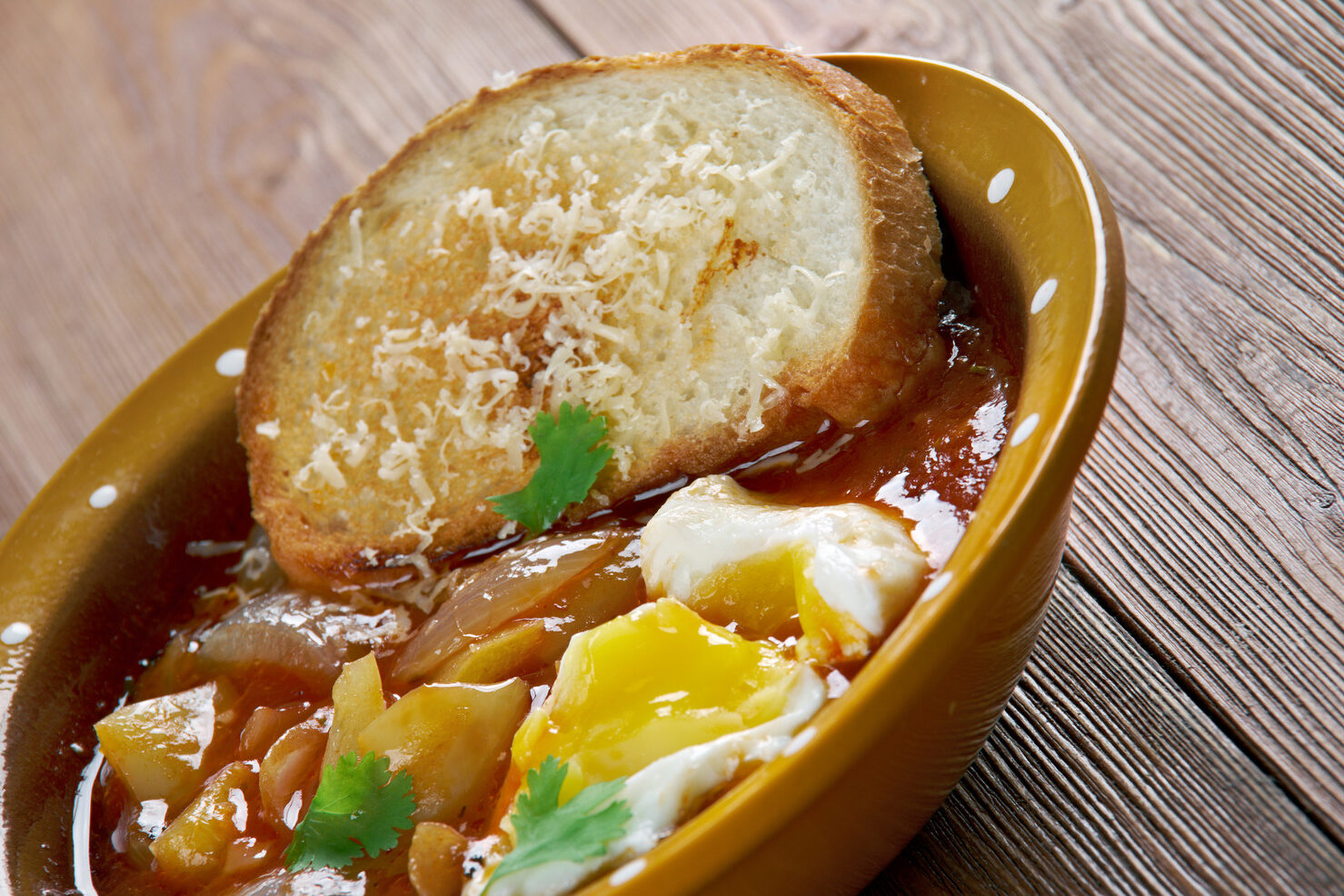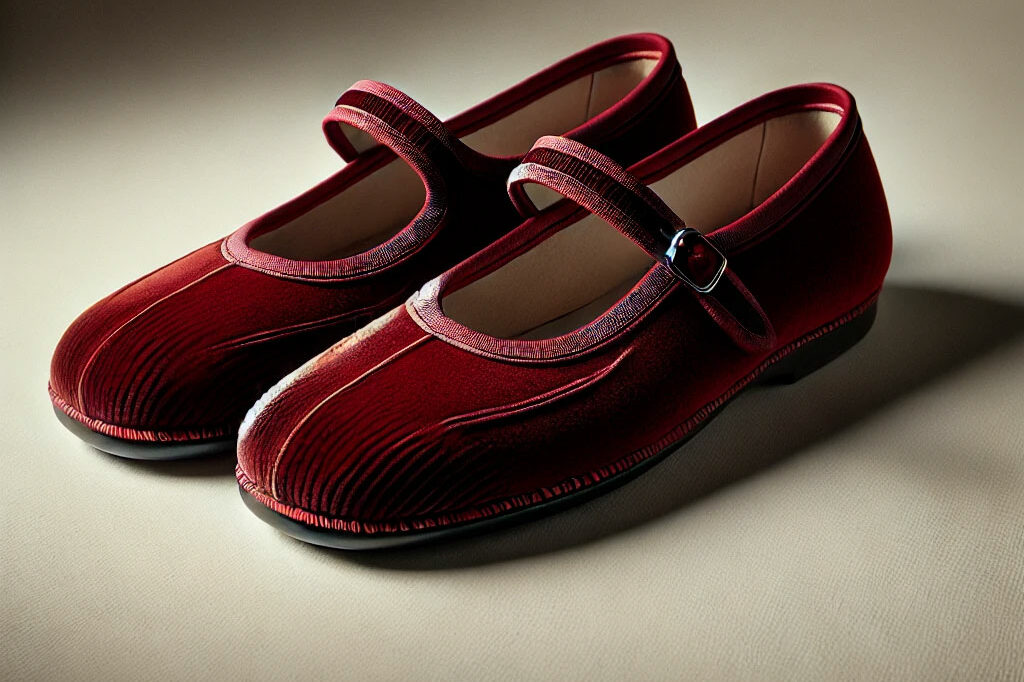The smell of freshly baked bread is arguably one of the world’s most sublime aromas. A British study last year found that the smell of baking bread topped the list of all-time favorite scents, beating out sizzling bacon, freshly mowed grass and hot-brewed coffee.
Those survey results would not surprise master baker George DePasquale one bit. The son of a large Italian family from Long Island and co-founder of Essential Baking Company, one of Seattle’s first artisan bakeries, DePasquale grew up making and baking bread.
Every weekend, his extended family would assemble to prepare the week’s food. It wasn’t long before DePasquale found that bread baking was, well, his cup of tea. “I liked the smell of it,” he said. “I liked working the dough and forming the loaves. Sure, I did my share of cleaning fish and rolling out pasta, but I always had an interest in bread, although, honestly, I never thought I’d grow up to be a baker.”
DePasquale started Essential Baking Company in Seattle in 1994. After testing the waters at farmers markets and other locations around town, DePasquale heard that Buchan’s Bakery, a charming 1920s red-brick building in the Fremont neighborhood, was for lease. He jumped at the chance to establish a permanent home for the business. Today, the company has four cafes, including the original one in Fremont, and a bakery commissary.
“We call ourselves the biggest little bakery in town,” said DePasquale. “We deliver to most of the grocery chains and many of the restaurants and cafes in Puget Sound, using our own trucks. We also sell to national distributors, so basically our product is available around the country.”
Each day, the commissary bakes thousands of loaves by hand, from ciabatta to Pugliese, olive to rosemary diamante. Using high-quality, organic, all- natural ingredients and employing naturally fermented starters, the Essential bakers rely on time-honored techniques to create their loaves. The company also turns out a huge assortment of pastries, cookies and desserts.
As a teenager, DePasquale continued to bake bread for friends and family. At the age of 20, he moved to Sonoma County, Calif., with a friend and landed a job at the Alvarado Street Bakery in Petaluma.
“In the baking industry at that time, there was a huge insurgence of interest in organic wheat and all-natural products,” said DePasquale. “Alvarado Street Bakery was a wholesale collective and everyone owned a share of the business. We were basically all hippies back then.”
Several decades later, DePasquale retains his passion for artisan bread-making. He teaches popular classes on everything from pizza-making to what he calls “backdoor boulangerie,”and he continues to hone his baking skills nearly every day. “I like the traditional ways of making bread and learning about traditional varieties of wheat,” he said. “When you make artisan bread, you are more attentive to the product than simply pushing dough through a machine. There’s more skill involved. There’s an awareness of the ingredients and the process.”
Currently, Essential Baking is experimenting with locally grown and milled wheat, which provides a heartier, more flavorful bread, according to DePasquale. Not surprisingly, the larger commercial farmers tend to grow only certain varieties of wheat based on higher yields and ease of processing. Working with a regional agricultural laboratory, DePasquale hopes to encourage more local farmers to try different wheat varieties that offer more robust flavors.
As part of this process, the company is working to build a flavor lexicon for bread, similar to the flavor wheels that exist for wine, coffee and beer. The idea is to create a standardized vocabulary and a frame of reference to document and describe the sensory perceptions provided by, in this case, a specific grain or flour.
DePasquale has brought a flavor scientist on board to work with his staff, and the results have been eye-opening. In a recent tasting of sourdough bread, the Essential Baking team could distinctly taste green apples in it where none existed. Other breads had notes of citrus, apples, pears or nuts. “We are working with six or seven taste categories, including salty, bitter, sour, fatty or dirty,” said DePasquale. “Yes, you can actually taste fat or dirt in a grain, depending on the fermentation process.”
The baking industry has weathered several challenges in recent years with more ahead. “Bread is no longer needed for sustenance as it was a century ago,” said DePasquale. “We have plenty of other things to eat. So if you are trying to lose weight, bread might be one of the first things you cut out. In addition, the public is more conscious, and rightly so, about where their food comes from and how was it made. We are not as forgiving about additives or chemicals in our food, either.”
This focus on authenticity and natural ingredients bodes well for a company like Essential Baking where even its delivery fleet is fueled by biodiesel. Much of the company’s success comes from taking the time to educate customers about the value of good grain, traditional production techniques, and a more full-bodied taste. As celebrity chef Julia Child once remarked, only partly in jest: “How can a nation be great if its bread tastes like Kleenex?”
